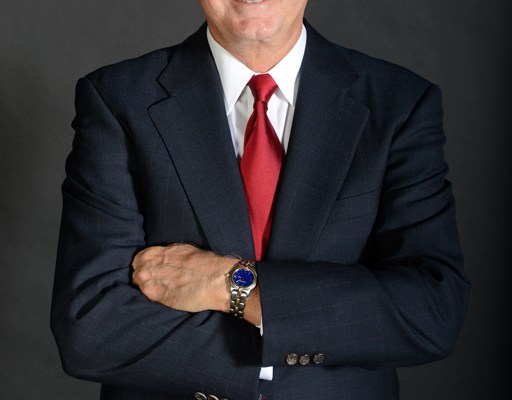
Turn on the TV. I dare you to flip through the channels and find no clips of your president, congressman, or mayor. The words that filled the air from their carefully crafted speeches buried in our unconscious, finding their way in our opinions of voting season. Our fiery ideals are the result of the swagger, smiles, and impeccable clothing that fill our timelines. It’s not just an accident. It counts; sometimes even too calculated. Speechwriters look at their audience and attach inside jokes, cultural acknowledgments, and sometimes forced laughs. Items said at the opening of the steelworks in Pittsburgh were omitted from the meeting in England. The tutelage behind it all is highly animated and scripted. But in fact, it’s psychology. And in terms of political psychology, we have people like Lasswell and Gallup, but now we have Rossi.
You instantly feel comfy when you meet Dr. Rossi (he has a Ph.D. in General-Theoretical Psychology from Fordham University). He gave me a full handshake and a warm smile that only a politician would understand, but in fact meant it. As we sat, I complimented his tie (being a tie lover myself), which led him to tell me the anecdote behind it. This wasn’t just random banter, he read my interests quickly, telling a story he knew I would appreciate. This is an analogy to layman psychology; studying mental and behavioral cues to arrive at conclusions on individuals. It may not be intentional, but years of studying, analyzing, and parsing data are hard to hide. Not that she wants to hide that knowledge, for she has directed multiple teams (from the Independent Child Study Team to the American Psychological Association), written a well-received book (The New-New American Life Style: Post September 11, 2001), and co- hosted the Emmy-Winning event (Ebru’s Fresh Outlook). However, this isn’t a portrait of an armchair psychologist, but one of the men who was a leading political psychologist at a time when politics can’t be trifled with. Political psychology is nothing new, as we have been studying its effects since the Washington era. There is a need for its intrinsic value now, as we have lost too much faith in our elected officials, which range from illicit affairs to conflicting ideals. At one point, we believed those who promised lower taxes and higher wages. Now, we just roll our eyes when we read our feeds or catch soundbites.
The real question is, Why? This is not a straightforward question to ask, nor is one expecting a basic answer. That’s where Dr Rossi comes in. As the past year alone proved, he has been critical in providing a clear pathway to the minds of individuals like Governor Christie (the impact and causes of the Fort Lee line closure), and the more and more deteriorating United States and its mental health (largely focused in present and future militaries). We aren’t any longer so easily persuaded, as was evident during the 1960 Presidential election, where the great looks, charm, and presence of John F. Kennedy in televised debates, were all about determining the destiny of Richard Nixon. We’re smarter, more anxious now, and we want to know the inner machinations of the decisions that affect us on an everyday basis. This is why I spent most of the afternoon asking Dr. Rossi about Bridgegate, Obama, the upcoming election and even the death of Robin Williams. I ponder why. I want the complex answers, the fallacies, and all the complexes and syndromes that buzz around our heads like mental fruit flies. It’s easy to criticize, to gauge opinion, but to get to the root of it all, that’s a different level.
The field is robust, particularly with the touted election turning it our way in less than twelve months. Before we cast our tight vote, we want to know what problems our potential representatives have experienced, what their nature and motives are, and what their driving forces are. These all appear to be easy answers for layered individuals, but this is in fact another area where I will leave the analysis to the experts. After the time I spent with Dr. Rossi, I can easily say he’s at the top of the list.











